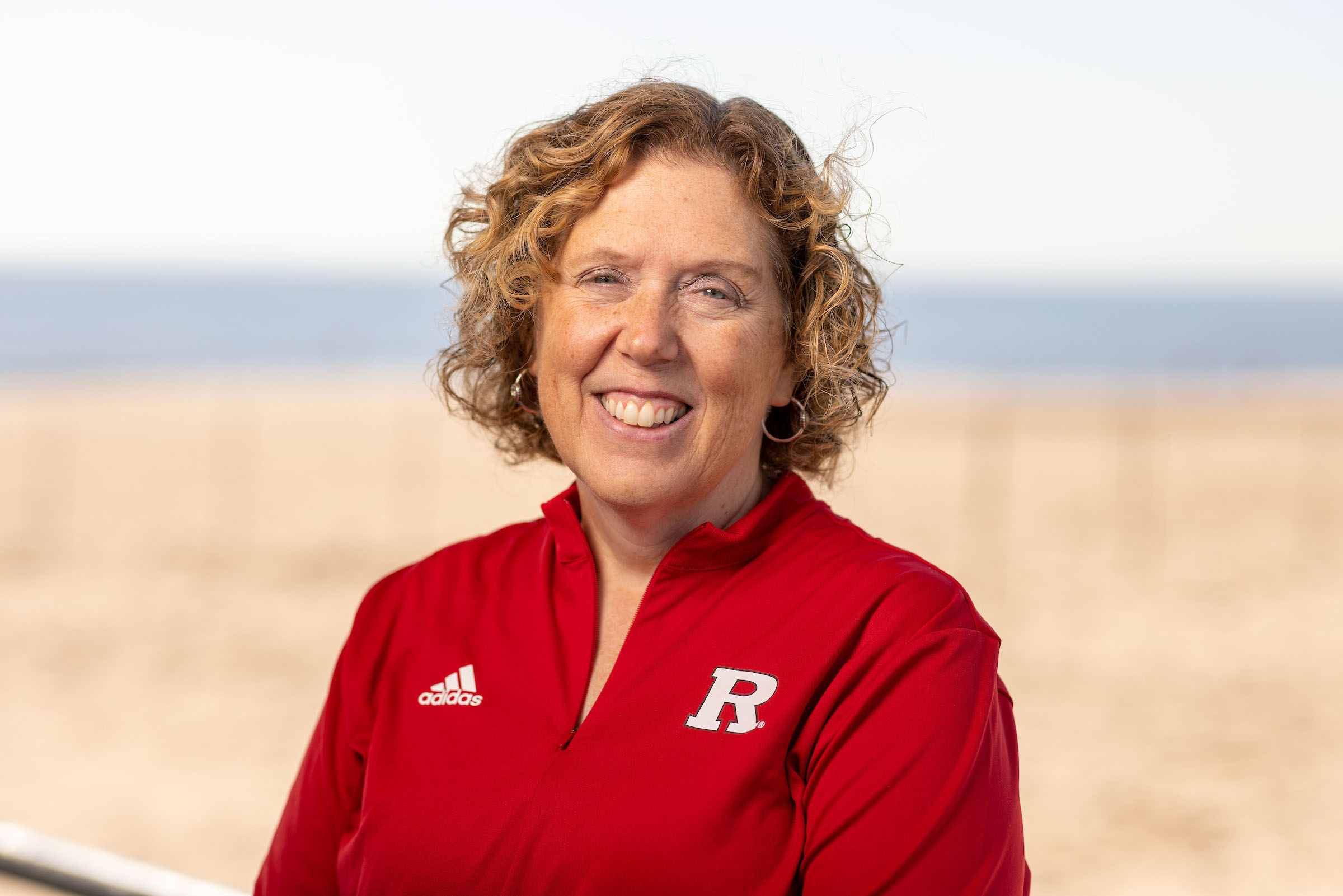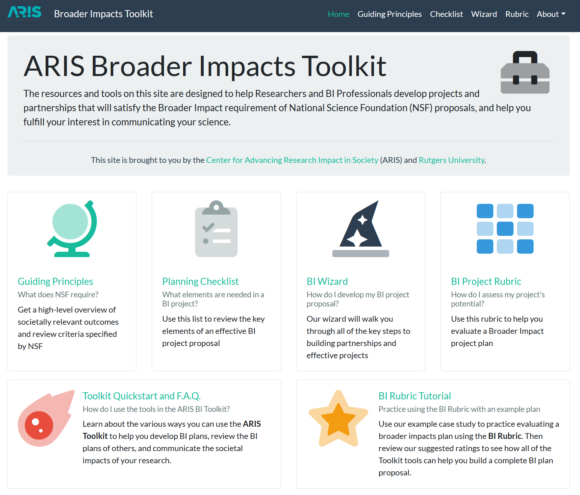
Janice McDonnell, 4-H STEM Agent. Photo by John O’Boyle.
Rutgers Associate Professor and 4-H Youth Development STEM Agent Janice McDonnell is a collaborating partner of the Center for Advancing Research Impact in Society (ARIS) who was awarded $1.1 million of a $9.1 million grant from the National Science Foundation (NSF) to build capacity in supporting research impact.
While researchers around the world are working to bring their scientific discoveries to the people who fund and benefit from it, ARIS, based at the University of Missouri, has grown into a national epicenter, working to support those researchers and their institutions with tools to build the infrastructure, training and certification needed to boost this field of broader impacts (BI).
ARIS Executive Director Susan Renoe described BI as “where research meets people — the impact that research has, beyond academics, where it filters into communities and changes lives.”
This new grant will expand its focus on the scholarship of broader impacts while diversifying the research ecosystem.
“Consistent and ongoing engagement with the public by scientists is crucial for building long-term trust in science,” said McDonnell, who along with Rutgers colleagues developed a central resource for the broader impacts movement.
McDonnell led a Rutgers team that built the ARIS Broader Impacts Toolkit, which provides researchers a roadmap to define how their investigation engages communities and advances community benefits. Demonstrating that link is key to securing funding from the NSF and other federal sources.

Homepage of the ARIS BI Toolkit. Here, researchers can access tools to guide them as they craft their BI proposals.
It features an overview of BI, a planning checklist for successful proposals, and a BI Wizard that guides users in creating an outline for collaborating with BI partners. A detailed rubric assesses the strength of proposals based on BI considerations.
McDonnell is passionate about helping researchers demonstrate the importance of their work and to get people excited about the power of science. “Advancements in research must move beyond the theoretical to be practical and impactful, leading to a better world by improving public health and national security, diversifying the scientific workforce, and increasing societal equity and inclusion,” she said.
Her involvement in the broader impacts movement began 30 years ago, when she was recruited by Dr. Frederick Grassle, founding director of the Institute of Marine & Coastal Sciences at Rutgers, to support the marine and coastal science faculty in showcasing the societal value of their work.
The institute developed an outreach program connecting Rutgers scientists, local school districts, community groups and other partners to promote science literacy. As part of that effort, McDonnell and Sage Lichtenwalner, a user experience designer and research programmer at Rutgers, developed the prototype of what would become the ARIS BI Toolkit. Other team members included Dr. Carrie Ferraro, Rutgers Assistant Professor of Professional Practice, and Liesl Hotaling from Eidos Education.
Right now, just over a quarter of proposals receive NSF funding. (source) At Rutgers, McDonnell and her team provide in-person trainings on the BI toolkit throughout the academic year to help researchers elevate the competitiveness of their submissions.
“We have made great progress over the last few decades in thinking about broader impacts. Through our involvement in ARIS we will be able to expand important connections between research and society as well as develop effective practices in supporting researchers in bringing together research and public engagement,” McDonnell concluded.
In addition to Rutgers University and the University of Missouri, other institutions collaborating on this grant include Oregon State University, Spelman College, and University of Minnesota.
To learn more, follow ARIS on X, LinkedIn, YouTube, Facebook, Instagram, and their newsletter or visit https://researchinsociety.org/.

